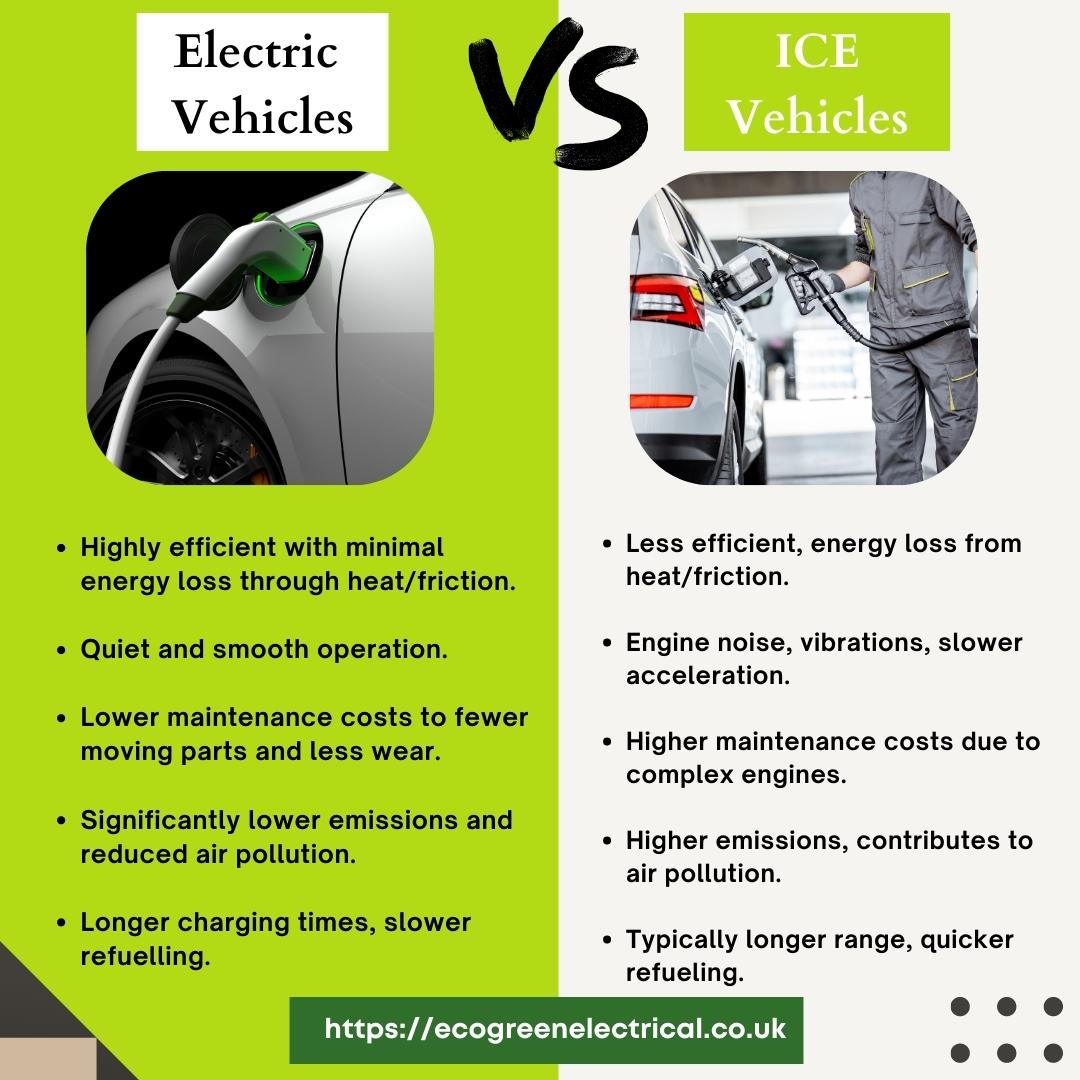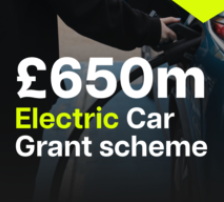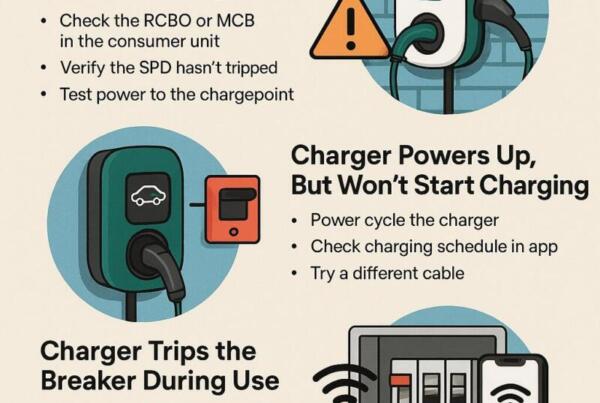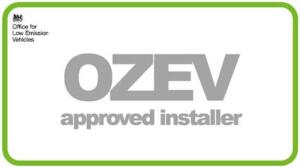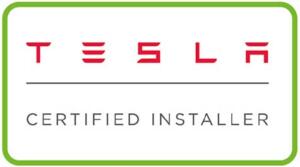Electric vs ICE Vehicles
If you’ve been following the car industry, you must know that it is changing. Each day, global warming and environmental causes are fueling more eco-friendly steps into this industry. However, electric vehicles are the new cool in this industry.
EVs have been around for quite a while now. But, the recent surge in demand has compelled many car manufacturers to play their move in the automotive table.
But, how are EVs better than ICE? Do they really make a difference or all this hype is just fuss? Let’s find out.
Benefits of Electric Vehicles
-
EVs are more Energy-Efficient than ICE
The excellent energy efficiency of EVs is one of their selling points. Unlike, internal combustion engines, electric motors are energy efficient. Electric motors cost no wastage of fuel or power due to friction or heat.
The majority of the gasoline used by ICE vehicles is lost as waste heat. You might be astonished to know that only around 40% of the fuel actually comes into use. However, electric cars are significantly more efficient because they use around 60% of their energy to go ahead.
-
Smooth and Quiet Operations
The EVs drive calmly and silently. Due to no moving parts, the electric motors provide a smoother driving experience for low-profile peeps. The driver, passengers, and others in the neighbourhood all enjoy the absence of noise pollution.
Additionally, EVs’ distinctive form and lower centre of gravity resulting in better handling, comfort, and reactivity, especially in bumper-to-bumper traffic.
-
Lower Maintenance Costs
The initial cost of purchasing an EV is higher than that of a conventional ICE car. However, EVs win in the longer run. The long-term maintenance costs are pretty low for EVs and this fact magnets many budget-conscious customers. Because EVs have fewer moving components, they endure less wear and tear and require less maintenance.
Old vehicles with complicated internal combustion engines need frequent oil changes, repair of the exhaust system, and other maintenance operations. In the case of EV ownership, brakes and tires also see considerable cost reductions. The regenerative braking systems in EVs similarly result in reduced wear on the brake pads. This, in turn, extends their life.
However, don’t expect to forget the path of a mechanic with EVs. But as EVs require less of them over time, the overall cost of ownership is kinda low.
-
Environmental Impact
Electric cars have clear environmental advantages that are difficult to overlook. Traditional ICE cars produce CO2 and other greenhouse gases. These gases contribute to air pollution and climate change. However, EVs emit no exhaust gases. The life-cycle emissions of EVs might be 70–90% lower than those of conventional vehicles.
An interesting comparison shows that a conventional Toyota Corolla has a lesser environmental effect than an electric vehicle like the Tesla Model 3. But, only after travelling more than 13,500 miles. This exemplifies the significant environmental benefit that EVs offer.
-
Public Health Benefits
The adoption of electric vehicles can lead to substantial public health improvements. Air pollution causes thousands of premature deaths each year across the globe.
Studies suggest that a mass shift towards EVs can contribute to saving thousands of lives. This shift can also reduce emissions of harmful pollutants like carbon monoxide and nitrogen oxides. In short, it can be beneficial for every living being.
-
Cost of Ownership
The cost of electric vehicles versus traditional ICE vehicles is worth considering. EVs are cheaper to run, especially when traditional fuel prices remain high.
Factors contributing to these savings include:
- Tax Exemptions and Benefits: Many regions offer tax incentives, rebates, and reduced toll charges for EV owners, providing financial relief.
- Depreciation and Resale Value: Unlike conventional automobiles, electric cars often lose value more slowly. It can be quite beneficial in maintaining its value over time.
- Reduced Fuel Costs: Electricity is significantly cheaper than gas. Thus, EVs make the daily commute more affordable for owners.
EV owners in the UK are free from some costs, such as the Ultra-Low Emission Zone fees in London. In addition, when annual taxes, maintenance, and other costs are taken into account, the cost of ownership for EVs may be 49% lower than that of their ICE equivalents.
Final Thoughts
An interesting leap in the automobile industry’s search for sustainability is the switch to electric vehicles. Better energy efficiency, cheaper maintenance costs, and significant advantages for the environment and public health are all the selling points of EVs.
The decision between electric and conventional automobiles now involves personal preferences. It also involves helping to create a future that is greener and healthier for everyone.

